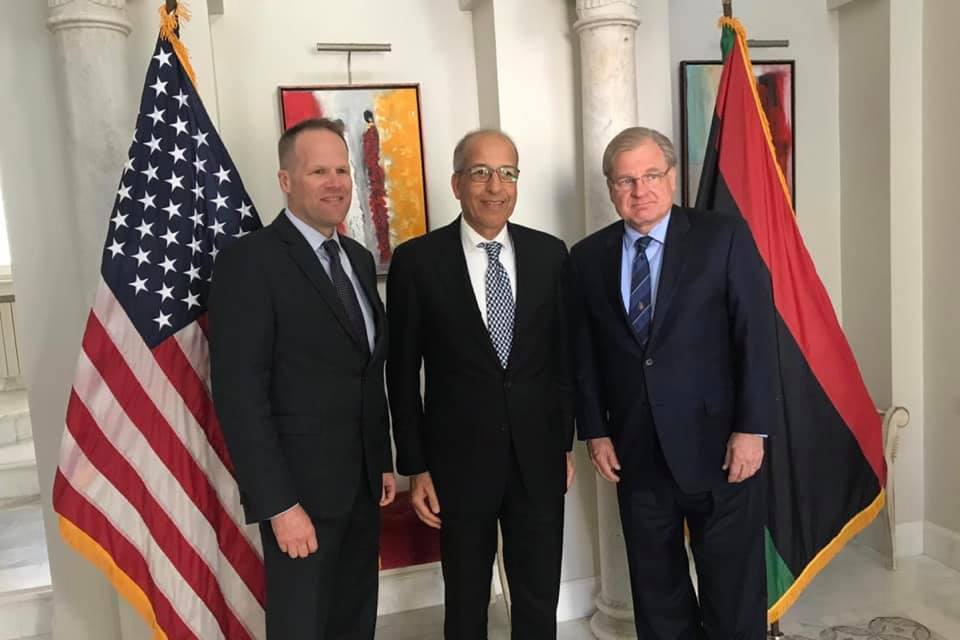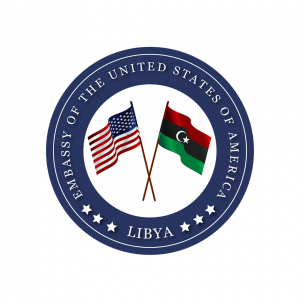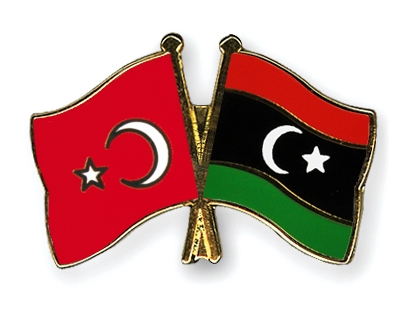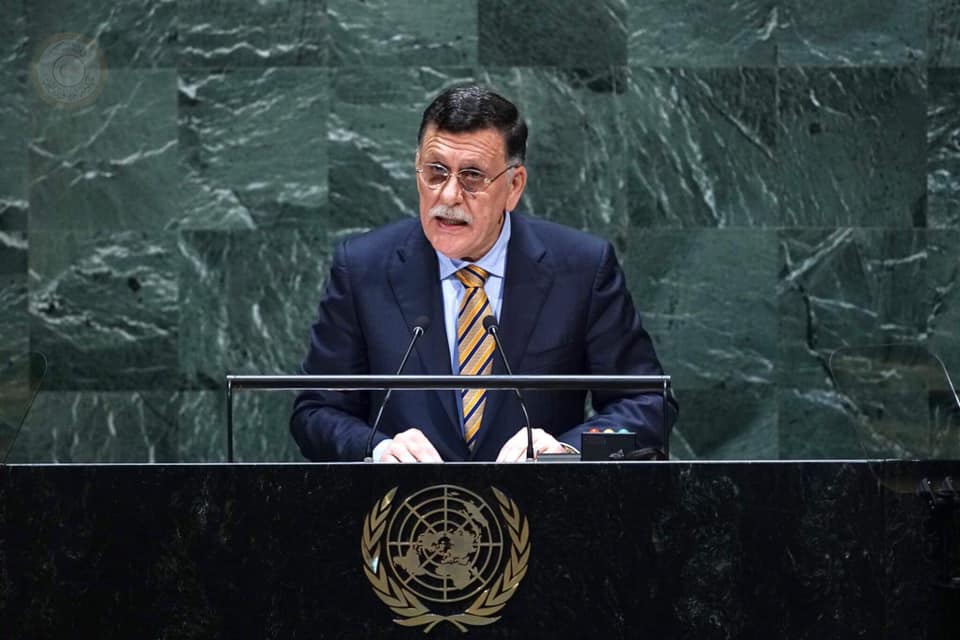By Sami Zaptia.
London, 26 September 2019:
The U.S administration made a clarification through its U.S. Embassy social media site today. The clarification came after much consternation on social media by Libyans at announcements and photographs of U.S Government officials meeting both Saddek El-Kaber, the Tripoli-based and internationally-recognized Governor of the Central Bank of Libya (CBL), as well as Ali Hibri, the de facto ‘‘governor’’ of the eastern-based CBL.
Many on social media interpreted the move as continued obfuscation, hypocrisy and ‘‘playing both sides’’ by the international community. This feeling is particularly held towards states such as Egypt, UAE, France and Saudi Arabian who make pronouncements of exclusively recognizing and supporting the internationally-recognized Libyan government led by Faiez Serraj, yet in practice are perceived as supporters of the east, Khalifa Hafter and his Libyan National Army (LNA).

In its clarification, the U.S. administration said:
‘‘Ambassador Richard Norland and U.S. Department of Treasury Deputy Assistant Secretary Eric Meyer met with senior officials from across Libya this week, including Saddek El Kaber and Ali El Hebri, to reinforce U.S.-Libya economic cooperation and promote Libya’s economic recovery for the benefit of all Libyans.
Throughout their consultations, Ambassador Norland and DAS Meyer stressed U.S. support for ongoing Libyan efforts to improve fiscal transparency, enhance coordination among state institutions, and ensure a fair and transparent distribution of the country’s resources. In consultation with our Libyan partners, the United States is prepared to provide additional technical support and expertise to address pervasive issues hindering budget distribution and ensure that all Libyans benefit from the nation’s vast natural resources.
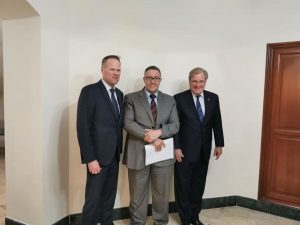
“Improving the transparency and effectiveness of Libya’s state institutions is essential in creating the conditions for an enduring ceasefire and a return to an inclusive political process,” said Ambassador Norland. “Although a common vision is beginning to develop of transparent, independent political and economic institutions that serve the interests of all the people of Libya, there is still a considerable gap between the parties as to how to bring this about.”
